
Find Help
More Items From Ergsy search
-

What is the objective of a wealth tax?
Relevance: 100%
-

What is a Wealth Tax?
Relevance: 72%
-

What is the wealth tax in the UK?
Relevance: 67%
-

Could a wealth tax encourage tax avoidance?
Relevance: 65%
-
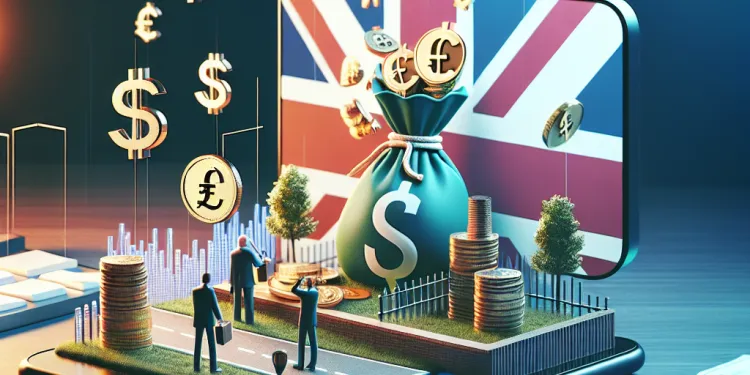
What is the Wealth Tax in the UK?
Relevance: 63%
-

Why doesn't the UK have a wealth tax?
Relevance: 62%
-

Would a wealth tax replace other taxes in the UK?
Relevance: 60%
-

Can a wealth tax be levied annually?
Relevance: 59%
-

How is a wealth tax typically calculated?
Relevance: 58%
-

Has the UK ever had a wealth tax?
Relevance: 58%
-

Who is typically subject to a wealth tax?
Relevance: 58%
-
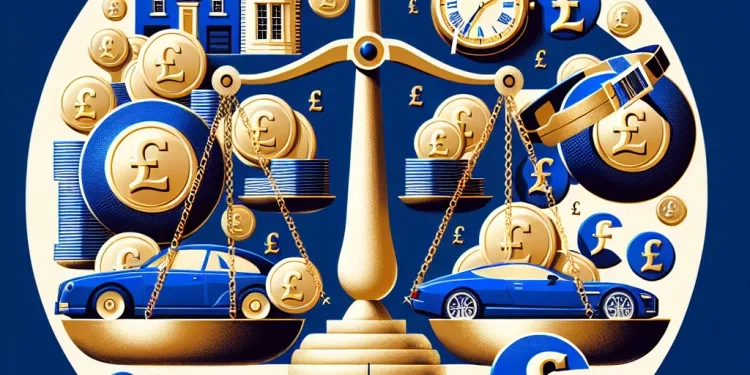
What arguments are made for a wealth tax in the UK?
Relevance: 58%
-
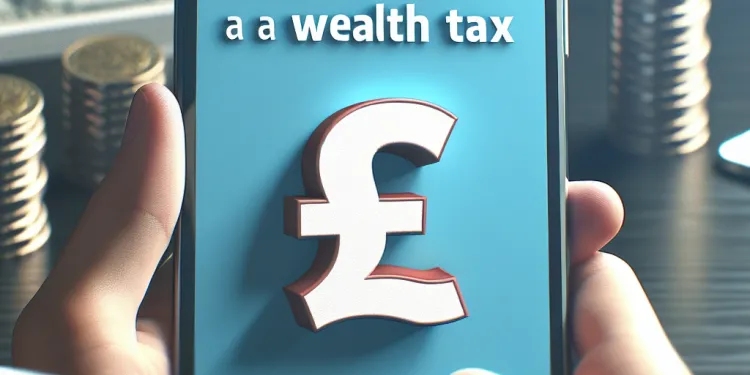
What are the challenges of implementing a wealth tax?
Relevance: 58%
-

How does a wealth tax differ from an income tax?
Relevance: 57%
-

What are the administrative costs of a wealth tax?
Relevance: 57%
-

Are there any countries currently implementing a wealth tax?
Relevance: 57%
-

What are common arguments in favor of a wealth tax?
Relevance: 57%
-

Can a wealth tax impact economic behavior?
Relevance: 57%
-

How do economists view the impact of wealth taxes?
Relevance: 57%
-
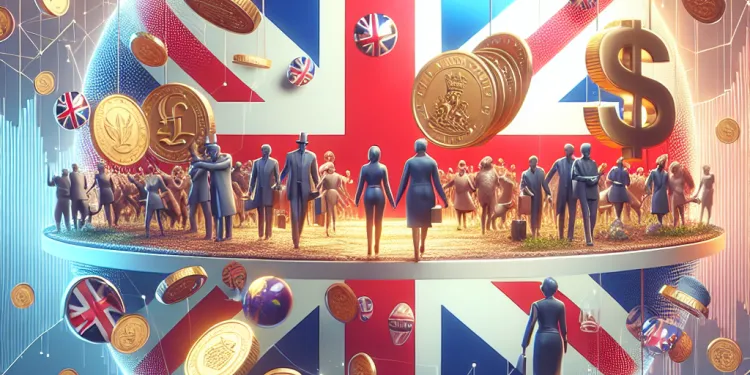
How might a wealth tax impact inequality in the UK?
Relevance: 56%
-
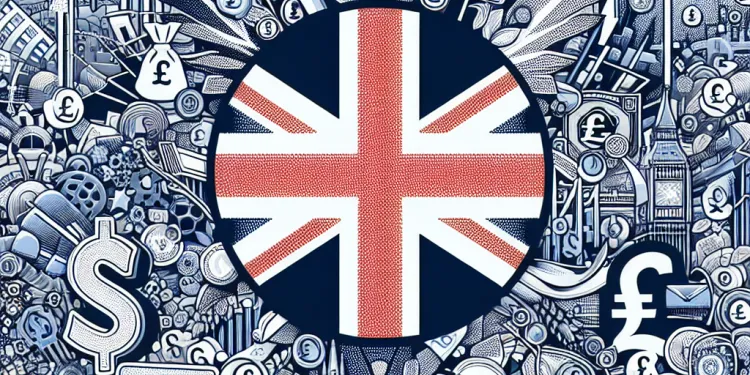
How do other countries implement a wealth tax?
Relevance: 56%
-

Could a wealth tax affect economic growth in the UK?
Relevance: 56%
-

Is real estate included in wealth tax calculations?
Relevance: 56%
-
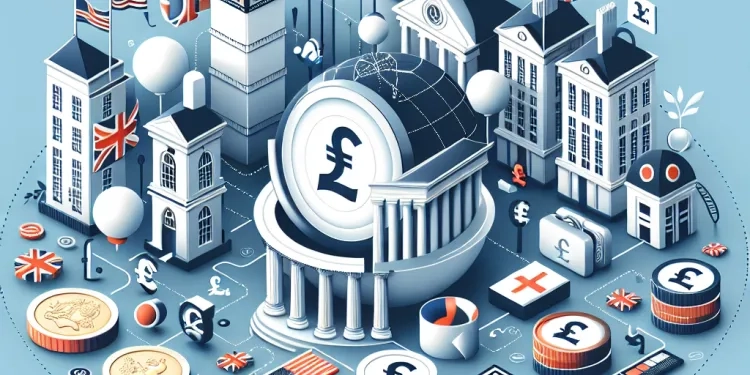
Would a wealth tax apply to foreign assets?
Relevance: 56%
-
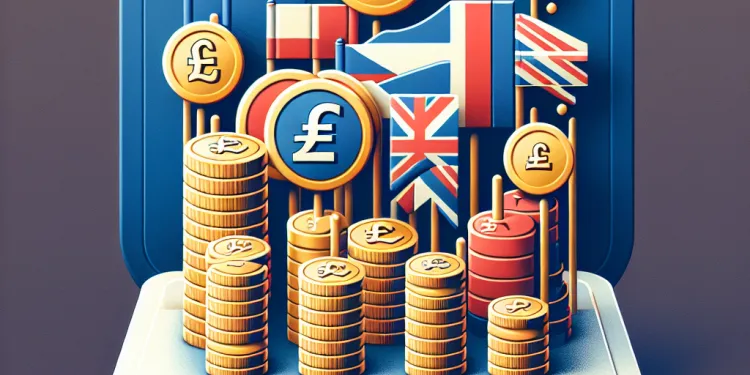
Has any political party in the UK supported a wealth tax?
Relevance: 55%
-

How might a wealth tax affect wealthy individuals?
Relevance: 55%
-

How do governments ensure compliance with wealth tax laws?
Relevance: 54%
-
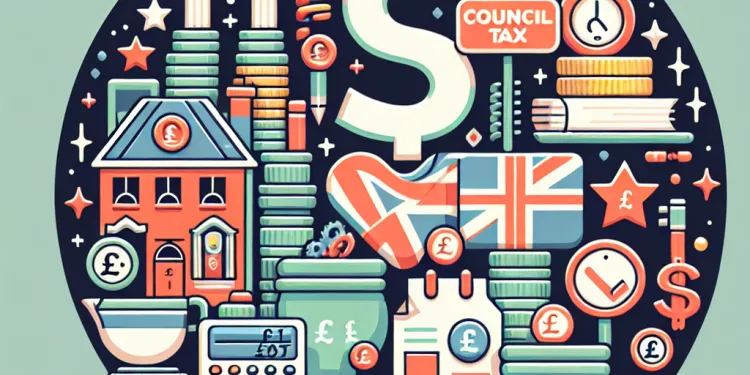
How does council tax relate to wealth in the UK?
Relevance: 51%
-
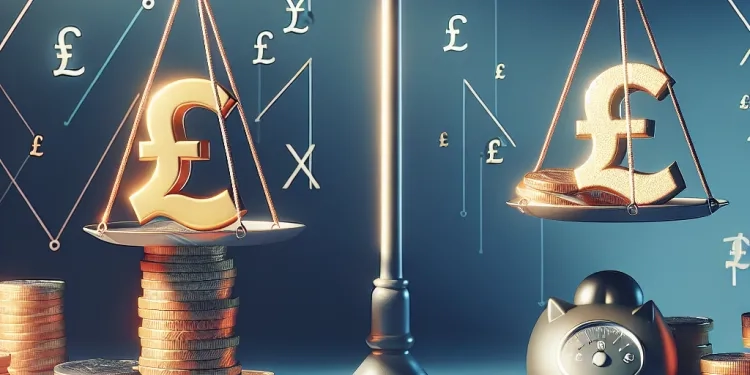
What taxes in the UK target wealth?
Relevance: 42%
-

Do wealth taxes differ between countries?
Relevance: 41%
-
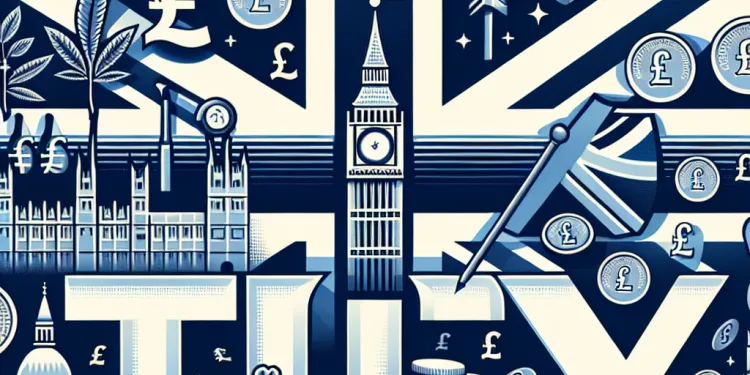
What are common criticisms of a wealth tax?
Relevance: 41%
-

Are there alternatives to a wealth tax for addressing inequality?
Relevance: 41%
-
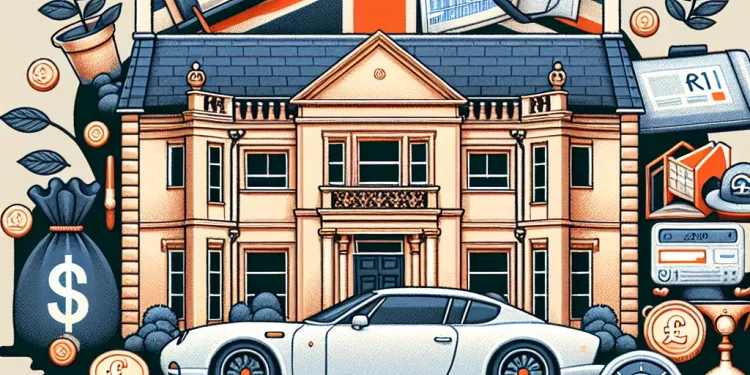
What exemptions are commonly associated with wealth taxes?
Relevance: 39%
-
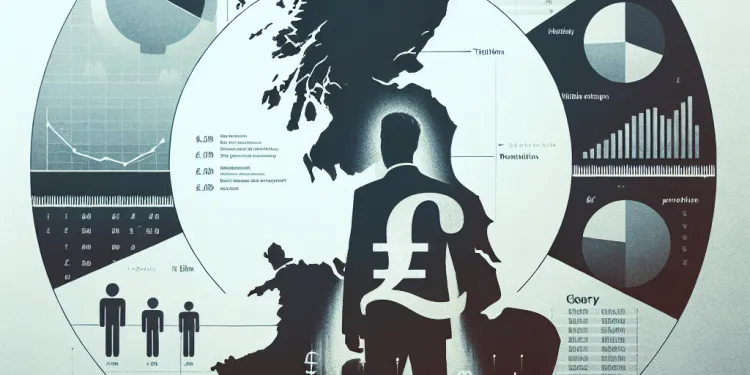
Do public opinion polls support a wealth tax in the UK?
Relevance: 39%
-
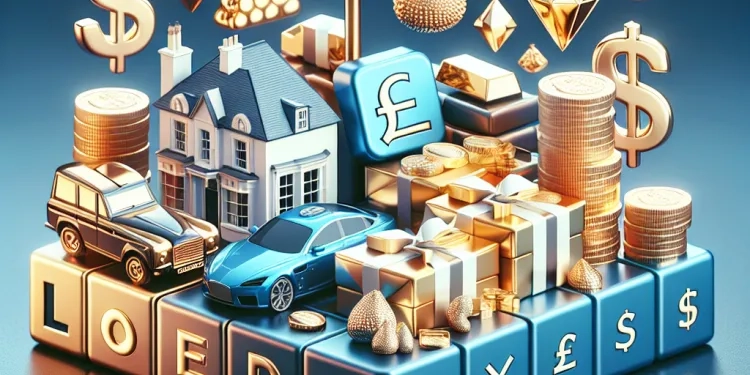
What types of assets are typically subject to a wealth tax?
Relevance: 37%
-

Has the idea of a wealth tax been discussed in political debates?
Relevance: 36%
-

Is there a proposal for a wealth tax in the UK?
Relevance: 31%
-
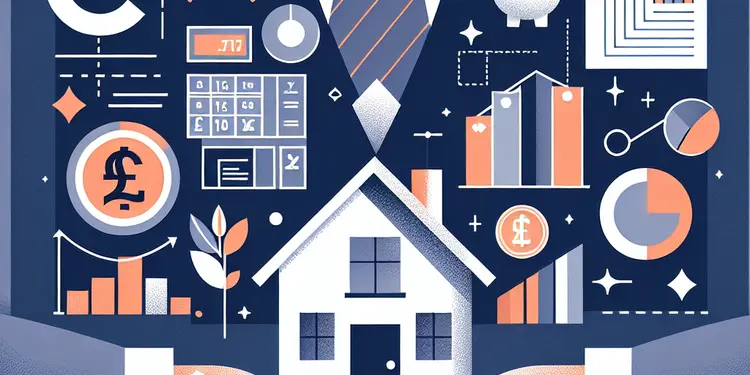
Are there professional advisors for inheritance tax planning?
Relevance: 30%
-
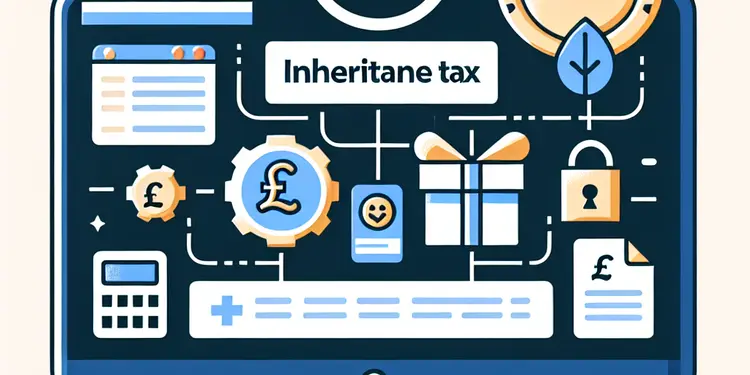
How does inheritance tax affect life insurance policies?
Relevance: 30%
-
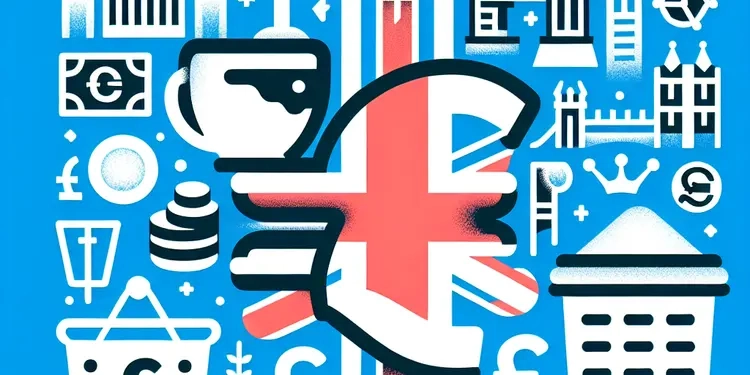
What is the sugar tax in the UK?
Relevance: 28%
Understanding the Objective of a Wealth Tax
A wealth tax is a levy on the total value of personal assets, including property, cash, investments, and any other forms of wealth. The primary objective of a wealth tax is to reduce economic inequality by taxing those who have a substantial amount of wealth. By targeting the net worth of individuals, wealth taxes differ from income taxes, which are levied on earnings from work or investments.
Redistribution of Wealth
The main goal of implementing a wealth tax is to redistribute wealth more evenly throughout society. Proponents argue that wealth taxes can help bridge the gap between the rich and the poor by ensuring that individuals with significant assets contribute more to the funding of public services. This redistribution can provide funding for essential services such as healthcare, education, and infrastructure, which benefit the broader population and help to foster a more equitable society.
Addressing Economic Disparities
Economic disparities are a growing concern in many countries, including the UK. Wealth taxes aim to address these disparities by curbing the accumulation of wealth in the hands of a few. By imposing a tax on assets, the government can reduce the concentration of wealth among the richest individuals, thus preventing them from wielding disproportional economic and political power. The idea is to promote fairness and equality within the economy, ensuring that everyone has a chance to prosper.
Diversifying Revenue Sources
The introduction of a wealth tax provides governments with an additional revenue stream that can be utilized alongside traditional taxes such as income tax and VAT. Diversifying revenue sources is crucial for financial stability, especially in times of economic uncertainty. A wealth tax can help cushion the impact of economic downturns by providing a steady flow of revenue even when other sources decline. This can aid in maintaining public services and investment in vital infrastructure, ensuring that economic growth is sustained over time.
Encouraging the Use of Idle Assets
Wealth taxes can incentivize the productive use of assets. Owners of substantial wealth may hold assets that are not being used efficiently, such as luxury properties that remain vacant for most of the year. By imposing a tax on these assets, governments encourage their owners to put them to more productive use or sell them, making the assets available for those who will utilize them more effectively. This can lead to a more vibrant and efficient economy, where resources are better allocated and utilized.
Conclusion
Overall, the objective of a wealth tax is multi-faceted, aiming to promote fairness, reduce inequality, and ensure a more sustainable economic future. By redistributing wealth, addressing economic disparities, diversifying revenue, and encouraging the efficient use of assets, wealth taxes can contribute to a more balanced and just society. In the UK, these objectives resonate with ongoing debates about social equity and the role of taxation in achieving a fair economy.
What is a Wealth Tax?
A wealth tax is money that rich people have to pay because of the things they own, like houses, money, and investments. The main reason for a wealth tax is to make things more equal. This means asking rich people to share some of their money, so everyone has a fair chance. Wealth tax is different from income tax, which is money paid from what you earn at your job.
Sharing Wealth
The big idea of a wealth tax is to share money more fairly. People who like this tax say it helps make sure rich people help pay for important things. These important things are like schools, hospitals, and roads that everyone uses. When money is shared better, it helps everyone have a fair chance at a better life.
Making Wealth More Fair
In many places, like the UK, there is worry about how money is spread around. A wealth tax tries to make it fairer. It stops a few people from having way too much money. This tax can help make sure nobody has too much power just because they are rich. This helps everyone have a fair chance to do well.
Different Ways to Get Money
A wealth tax gives the government more ways to get money, not just from income tax. This is important, especially when times are tough. If other ways to get money slow down, a wealth tax can help keep money steady. This helps pay for things people need, like schools and hospitals.
Using Things Better
When rich people have a lot of stuff, like big houses they don’t live in, a wealth tax can make them use these things better. They might decide to sell or use them in a way that helps others. This makes sure that everything is used well, helping the economy grow and work better for everyone.
In Summary
A wealth tax tries to make life fairer and better for everyone. It helps share money better, make sure everyone has a chance, and keeps the economy strong. In the UK, talking about taxes like this is a big part of making sure everyone is treated fairly and has what they need.
Frequently Asked Questions
What is the objective of a wealth tax?
The objective of a wealth tax is to reduce economic inequality by imposing taxes on high-net-worth individuals, thereby redistributing wealth more evenly across society.
How does a wealth tax aim to reduce wealth concentration?
A wealth tax targets the accumulated wealth of the richest individuals to prevent excessive accumulation of resources and promote a more equal distribution of wealth.
What societal benefit is expected from implementing a wealth tax?
The expected societal benefit is an increase in government revenue that can be used to fund public services and infrastructure, benefiting society as a whole.
How can a wealth tax promote fairness in taxation?
A wealth tax promotes fairness by ensuring that those with more wealth contribute a fairer share to public finances, as opposed to relying solely on income tax.
What impact does a wealth tax have on government resources?
A wealth tax increases government resources by generating additional revenue from the taxation of wealth, allowing for more public spending on essential services.
Why might a wealth tax target unrealized capital gains?
A wealth tax targets unrealized capital gains to tax increases in asset value that have not yet been realized through sale, aiming to capture wealth growth as it occurs.
How does a wealth tax address income inequality?
A wealth tax addresses income inequality by redistributing wealth from the richest individuals to help close the gap between the wealthy and the rest of society.
Can a wealth tax contribute to economic stability?
Yes, by preventing the excessive accumulation of wealth, a wealth tax can contribute to economic stability by promoting more balanced economic growth.
What role does a wealth tax play in funding social programs?
The revenue generated from a wealth tax can be used to fund social programs such as education, healthcare, and poverty alleviation.
How can a wealth tax enhance social mobility?
By redistributing wealth and funding public services, a wealth tax can enhance social mobility by providing more opportunities for individuals to improve their economic status.
What effect does a wealth tax have on the distribution of financial power?
A wealth tax can reduce the concentration of financial power among the wealthy elite, promoting a more democratic and equitable distribution.
Why is wealth taxation important for the equitable growth of an economy?
Wealth taxation helps ensure that economic growth benefits a broader segment of society, rather than just the wealthy, leading to more sustainable and inclusive growth.
How might a wealth tax influence capital investment by wealthy individuals?
A wealth tax could encourage wealthy individuals to allocate their capital more productively, rather than simply accumulating it without economic contribution.
In what ways does a wealth tax support the principles of social justice?
Social justice is supported by a wealth tax through its role in reducing inequality and ensuring a fairer distribution of resources across all societal levels.
What is the impact of a wealth tax on public perception of inequality?
Implementing a wealth tax can improve public perception by demonstrating governmental actions aimed at reducing inequality and enhancing fairness.
How does a wealth tax differ from income tax?
Unlike income tax, which is levied on earnings, a wealth tax is levied on the total net wealth owned by an individual, targeting accumulated assets.
What challenges might governments face in implementing a wealth tax?
Challenges include accurately assessing wealth, preventing tax evasion, and balancing the tax burden to avoid negative economic impacts.
Does a wealth tax have a direct impact on wealth hoarding behaviors?
Yes, a wealth tax can discourage hoarding of wealth by imposing costs on retained wealth, potentially encouraging investment rather than mere accumulation.
What long-term changes could result from a successfully implemented wealth tax?
Long-term changes could include reduced inequality, healthier economies, and stronger social cohesion as wealth distribution becomes more equitable.
How can a wealth tax be designed to be efficient and equitable?
Efficient and equitable wealth tax design requires careful measurement of wealth, exemptions for necessary assets, progressive rates, and rigorous enforcement.
What is the goal of a wealth tax?
A wealth tax is money that very rich people pay to the government.
Here is what a wealth tax does:
- It helps get money for things people need, like schools and hospitals.
- It makes sure everyone pays their fair share.
- It helps make things fairer for everyone.
To understand better, you can:
- Ask someone to explain it using simple words.
- Watch videos about taxes.
- Use text-to-speech tools to read aloud.
A wealth tax is a way to make things fairer with money. It takes money from rich people and shares it with everyone else. This helps everyone have a better chance in life.
How can a wealth tax help to share money more fairly?
A wealth tax is a way for the government to collect money from people who have a lot of it. This helps to share money more fairly among everyone. Let's see how it works:
- Rich people pay a small part of their money to the government.
- The government uses this money to help everyone, like building schools and hospitals.
- This can make it fairer because the money is used to help more people.
If reading is hard, here are some helpful tools you can use:
- Speech-to-Text Apps: These apps can read text out loud for you.
- Colored Overlays: These can help if words look jumbled.
- Reading Aloud: Ask someone to read with you to make it easier to understand.
A wealth tax is a way to share money better. It takes some money from people who have a lot. This helps make sure money is spread out more fairly. It tries to stop some people from having too much while others have too little.
If you find this hard to read, you can try using tools that read aloud to you or ask someone to explain the words you don't understand.
How can a wealth tax help society?
A wealth tax means that rich people pay more money to the government.
This can help everyone because:
- The government gets more money to spend on schools and hospitals.
- It can help poor people have better lives.
- It makes things fairer so everyone has more equal chances.
Tools like picture charts or simple videos can help explain hard ideas.
Talking with someone who knows a lot about this can also help.
The government will get more money. This money can be used to pay for things like schools, roads, and hospitals. This helps everyone in the community.
How can a wealth tax make taxes fairer?
A wealth tax means people with a lot of money pay extra taxes. This can help make the tax system fairer.
Here are some ways it can help:
- More money for everyone: Wealth tax can provide money for schools, hospitals, and roads.
- Sharing money: It makes sure rich people share their money to help everyone.
- Fair play: It helps make the tax rules fair for everyone, not just the rich.
Helpful tools:
- Read together with someone to talk about what it means.
- Use pictures and videos to understand better.
- Break the information into small parts and take breaks.
A wealth tax is a way to make things fair. It makes sure people with more money pay their fair part to help everyone. This is better than depending only on income tax.
How does a wealth tax help the government get money?
A wealth tax means rich people pay money to the government.
This helps the government get more money to use for schools, roads, and hospitals.
Want help reading?
- Listen to an audio book.
- Ask a friend or teacher to read with you.
- Use a ruler to read one line at a time.
- Look up words you don’t know or ask someone.
A wealth tax helps the government get more money. This money comes from taxing the wealth of people or companies. The government can then use this money to pay for important things like schools and hospitals.
If you have trouble reading, you can try using tools like audiobooks or apps that read text out loud. These can help you understand better.
Why might a tax look at money not yet made from stocks and property?
A wealth tax is a kind of money charge on what people own. This includes things like houses and shares.
Unrealized capital gains are the money people could make if they sold these things, but they haven't sold them yet.
Countries might use this tax to make sure rich people pay their fair share, even if they haven't sold their things yet.
Using tools like picture cards or talking to someone who knows about taxes can help you understand better.
A wealth tax is a way to collect money from people based on how much their things (like houses or stocks) have gone up in value. It means you pay some money to the government even if you haven't sold your things yet, but they are worth more now. This helps the government get money from people as their wealth grows.
How can a wealth tax help make rich and poor people more equal?
A wealth tax helps make things fairer. It takes a small part of money from very rich people. This money is used to help everyone else so that we can all have more equal chances.
Can a Wealth Tax Help Keep the Economy Stable?
A wealth tax is when rich people pay money to the government based on how much money and property they have.
Here’s what the question is asking:
- Can collecting this money from the rich make the economy (our money system) safer and steadier?
To help understand, you can:
- Use simple words or drawings.
- Ask someone to explain it to you.
- Use apps that read text out loud to you.
Yes, a wealth tax can help keep money spread out more evenly. This can make the economy more stable and help it grow in a more balanced way.
How does a wealth tax help pay for social programs?
A wealth tax is money that rich people pay to the government.
This money is used to help pay for things like schools, hospitals, and other services that help everyone.
It's important because it helps share the money more equally so everyone can have a better life.
To understand more, using pictures or videos might help. You can also ask someone who knows about taxes to explain it to you.
Money made from a wealth tax can help pay for important programs like schools, healthcare, and helping people who are poor.
How can a wealth tax help people move up in society?
A wealth tax takes money from the very rich to help pay for things that everyone can use, like schools and hospitals. This can help people have better chances to get good jobs and earn more money.
How does a wealth tax change who has money and power?
A wealth tax is money rich people pay to the government.
This tax can change who has more money and power.
Here's how it works:
- The government takes some money from rich people.
- This money can be used to help everyone, like building schools and hospitals.
- When the government helps more people, it can make things fairer.
Tools to help you understand:
- Pictures and diagrams: Use these to see how money is shared.
- Stories: Read stories about how taxes help people.
- Ask questions: If you don't understand, ask someone to explain.
A wealth tax is a way to collect money from rich people. This can help make money and power more fair for everyone. It means more people can have a say, not just really rich people.
Why is wealth tax important for fair growth of the economy?
A wealth tax is a way to share money more fairly. It means people with lots of money pay some to help everyone.
This helps to make sure everyone has a chance to grow and be successful.
You can use tools like online dictionaries to understand difficult words.
Wealth tax is when rich people give some of their money to help. This helps everyone, not just rich people, to grow and do well together.
How could a wealth tax change how rich people invest their money?
A wealth tax is when rich people pay money based on how much they own. This money can be houses, land, or other valuable things they have.
If rich people have to pay a wealth tax, it might change how they decide to use their money. They might choose different things to invest in, like businesses or new projects.
Here are some tools to help understand:
- Pictures and Diagrams: Use pictures to show how much money or things a person has and how they might invest it differently with a tax.
- Simple Charts: A chart can show how a tax changes decisions about money.
- Talking with Someone: Discuss with a teacher or friend to understand better.
A wealth tax means rich people might use their money in better ways. Instead of just keeping their money, they might use it to help the economy grow.
Tools that can help understand this include reading with a friend or listening to the text being read out loud by a computer. Drawing pictures about the ideas can also make it easier to understand.
How does a tax on rich people help make things fair?
A tax on rich people means they pay some of their money to help others.
This helps everyone have a fair chance to get what they need.
Some tools can help understand this:
- Pictures: They show what the words mean.
- Simple words: They make it easy to read.
A wealth tax helps make things fair for everyone. It can help people share things more equally and make life better for everyone in the community.
How does a wealth tax change how we think about unfairness?
A wealth tax is when rich people pay more money so we can all share fairly.
This tax can help people feel that things are more fair.
Try using pictures or charts to help understand how this works.
Adding a tax on wealth can make people feel better about the government. It shows that the government is trying to make things fair and help everyone have more equal chances.
What's the difference between a wealth tax and an income tax?
A wealth tax is money people pay on what they own, like houses or cars.
An income tax is money people pay from what they earn, like a salary from a job.
Tip: You can use a calculator to help you understand taxes better.
Income tax is money you pay on the money you earn. A wealth tax is different.
You pay wealth tax on everything you own, not just what you earn. It looks at all your belongings and savings.
If you find it hard to understand money and taxes, you can use tools that help explain things with pictures or simple words. You can also ask someone to explain it to you in person.
What problems do governments have with a wealth tax?
A wealth tax means rich people give some of their money to the government.
The government might have problems like:
- Finding out how much money people have.
- Making sure everyone pays their share.
- Rich people might try to hide their money.
To help understand:
- Create a list of what a wealth tax is and why it helps.
- Use pictures or videos to show how it works.
- Ask someone to explain more if you have questions.
There are some problems with taxes. First, it's hard to know how much money people really have. Second, some people try to hide their money so they don't pay taxes. Third, we need to make sure taxes are fair so they don't hurt the economy.
Does a wealth tax change how people save their money?
A wealth tax is when people with a lot of money have to pay some of it to the government.
Think about how this might affect people who save a lot of money.
Will they save less money because of the tax?
Try talking with friends or using pictures and videos to help understand this better.
A wealth tax is like a rule where people have to pay money if they keep a lot of money or things. This rule helps people to use their money to make new things, instead of just saving it all the time.
If you find it hard to read, you can try using tools that read the words out loud for you. Or, you can ask someone to help explain it to you.
What changes might happen if we have a tax on wealth?
If a tax on rich people works well, it could lead to some changes:
- There might be more money for things like schools and hospitals.
- Rich and poor people might be more equal.
- The government could help people who need it more.
For help with reading, you can:
- Use a ruler or finger to follow the words.
- Read aloud with a friend.
- Use audiobooks to listen and follow along.
In the future, things might get better. There could be less unfairness, healthier money situations, and people might get along better. This can happen if wealth is shared more fairly.
To help understand this better, you can:
- Use pictures and stories to see how things change over time.
- Talk with someone who can explain things simply.
How can we make a fair and good wealth tax?
To make a fair and good wealth tax, we need to do a few things:
- Count how much money people have very carefully.
- Let people keep important things they need, like a basic house or car.
- Make sure people with more money pay more tax.
- Check that everyone is paying the right amount of tax.
We can use tools like pictures or diagrams to help understand this better. Listening to these ideas in a simple audio format can also help.
Useful Links
Have you found an error, or do you have a link or some information you would like to share? Please let us know using the form below.
-->
This website offers general information and is not a substitute for professional advice.
Always seek guidance from qualified professionals.
If you have any medical concerns or need urgent help, contact a healthcare professional or emergency services immediately.
Some of this content was generated with AI assistance. We’ve done our best to keep it accurate, helpful, and human-friendly.
- Ergsy carfully checks the information in the videos we provide here.
- Videos shown by Youtube after a video has completed, have NOT been reviewed by ERGSY.
- To view, click the arrow in centre of video.
- Most of the videos you find here will have subtitles and/or closed captions available.
- You may need to turn these on, and choose your preferred language.
- Go to the video you'd like to watch.
- If closed captions (CC) are available, settings will be visible on the bottom right of the video player.
- To turn on Captions, click settings .
- To turn off Captions, click settings again.
More Items From Ergsy search
-

What is the objective of a wealth tax?
Relevance: 100%
-

What is a Wealth Tax?
Relevance: 72%
-

What is the wealth tax in the UK?
Relevance: 67%
-

Could a wealth tax encourage tax avoidance?
Relevance: 65%
-

What is the Wealth Tax in the UK?
Relevance: 63%
-

Why doesn't the UK have a wealth tax?
Relevance: 62%
-

Would a wealth tax replace other taxes in the UK?
Relevance: 60%
-

Can a wealth tax be levied annually?
Relevance: 59%
-

How is a wealth tax typically calculated?
Relevance: 58%
-

Has the UK ever had a wealth tax?
Relevance: 58%
-

Who is typically subject to a wealth tax?
Relevance: 58%
-

What arguments are made for a wealth tax in the UK?
Relevance: 58%
-

What are the challenges of implementing a wealth tax?
Relevance: 58%
-

How does a wealth tax differ from an income tax?
Relevance: 57%
-

What are the administrative costs of a wealth tax?
Relevance: 57%
-

Are there any countries currently implementing a wealth tax?
Relevance: 57%
-

What are common arguments in favor of a wealth tax?
Relevance: 57%
-

Can a wealth tax impact economic behavior?
Relevance: 57%
-

How do economists view the impact of wealth taxes?
Relevance: 57%
-

How might a wealth tax impact inequality in the UK?
Relevance: 56%
-

How do other countries implement a wealth tax?
Relevance: 56%
-

Could a wealth tax affect economic growth in the UK?
Relevance: 56%
-

Is real estate included in wealth tax calculations?
Relevance: 56%
-

Would a wealth tax apply to foreign assets?
Relevance: 56%
-

Has any political party in the UK supported a wealth tax?
Relevance: 55%
-

How might a wealth tax affect wealthy individuals?
Relevance: 55%
-

How do governments ensure compliance with wealth tax laws?
Relevance: 54%
-

How does council tax relate to wealth in the UK?
Relevance: 51%
-

What taxes in the UK target wealth?
Relevance: 42%
-

Do wealth taxes differ between countries?
Relevance: 41%
-

What are common criticisms of a wealth tax?
Relevance: 41%
-

Are there alternatives to a wealth tax for addressing inequality?
Relevance: 41%
-

What exemptions are commonly associated with wealth taxes?
Relevance: 39%
-

Do public opinion polls support a wealth tax in the UK?
Relevance: 39%
-

What types of assets are typically subject to a wealth tax?
Relevance: 37%
-

Has the idea of a wealth tax been discussed in political debates?
Relevance: 36%
-

Is there a proposal for a wealth tax in the UK?
Relevance: 31%
-

Are there professional advisors for inheritance tax planning?
Relevance: 30%
-

How does inheritance tax affect life insurance policies?
Relevance: 30%
-

What is the sugar tax in the UK?
Relevance: 28%


